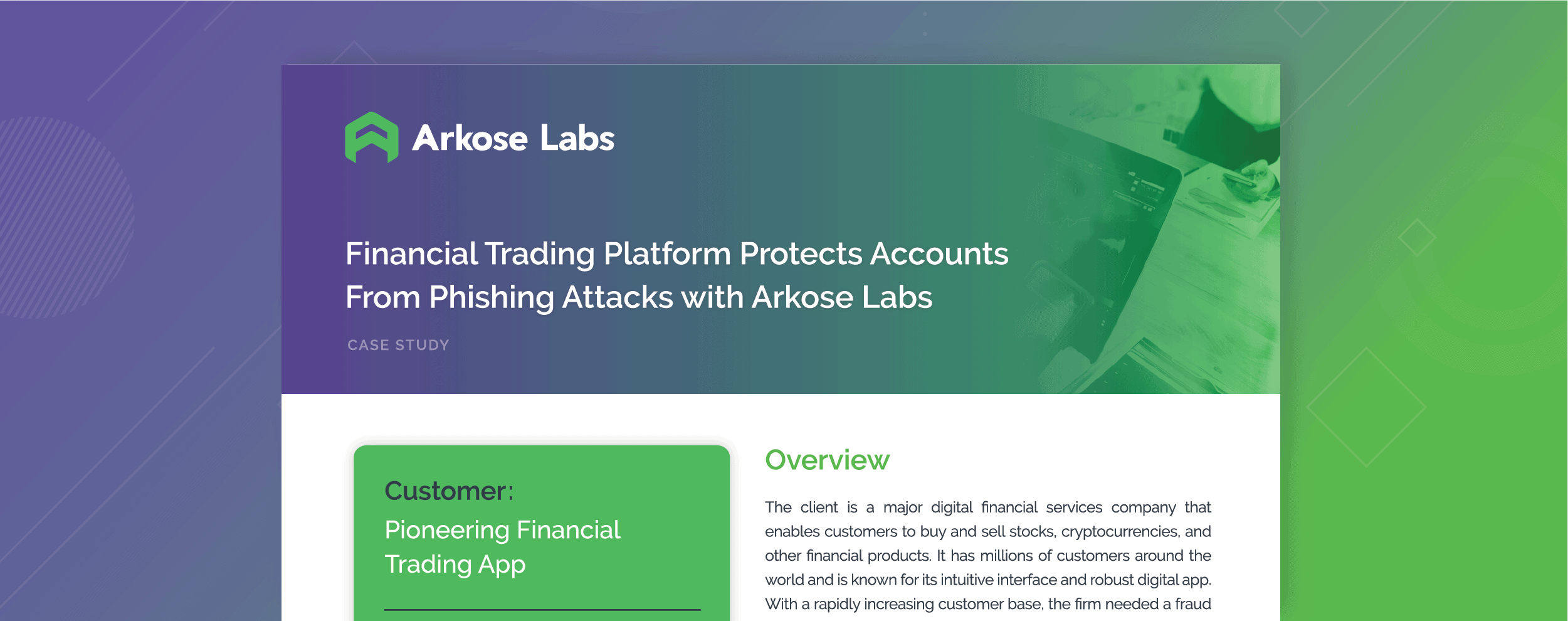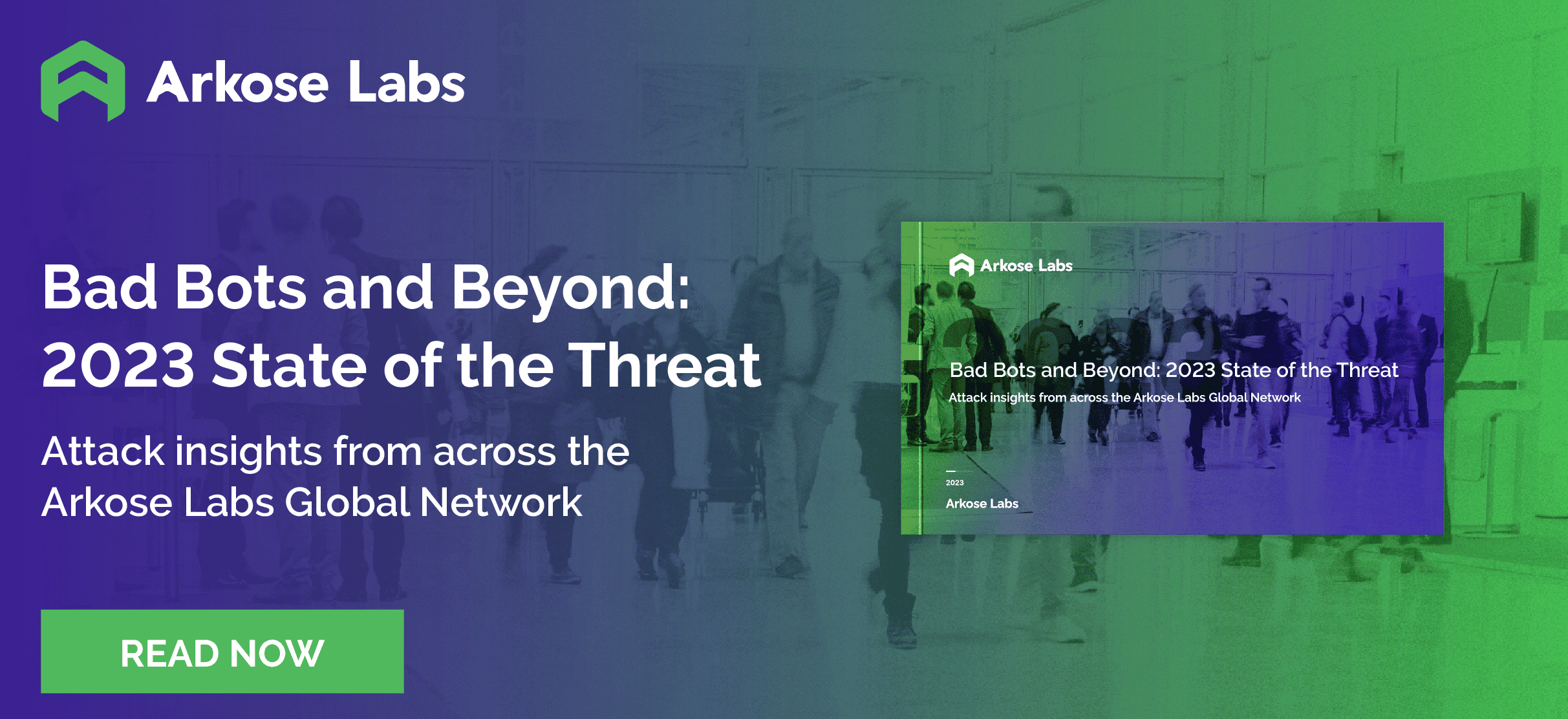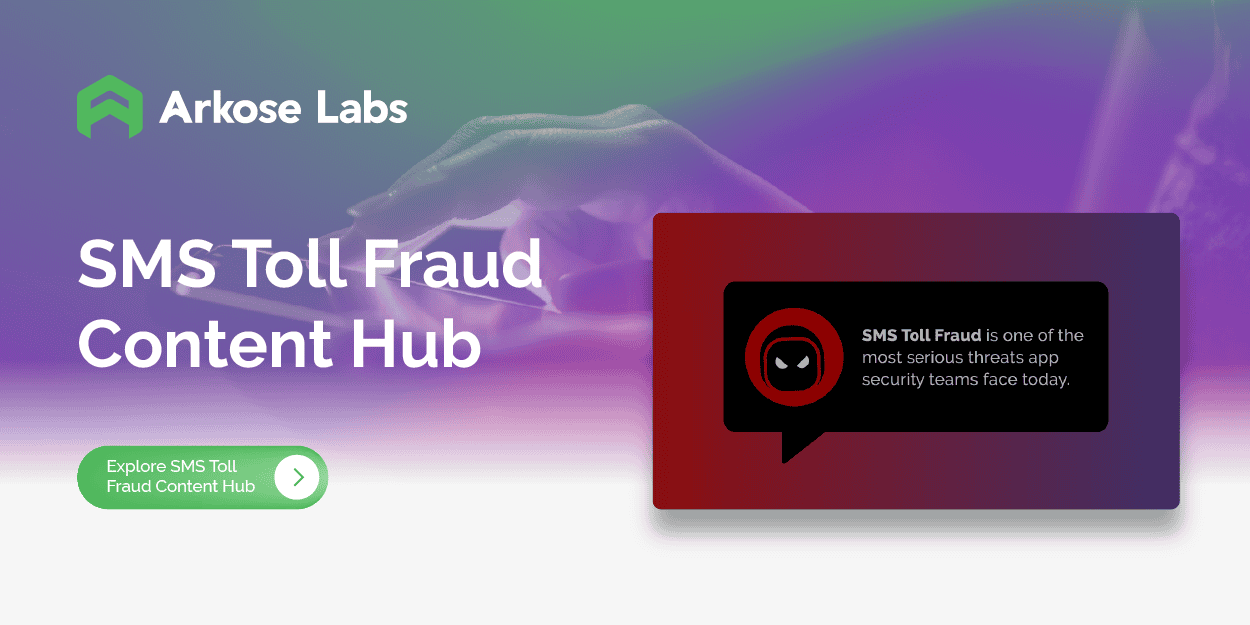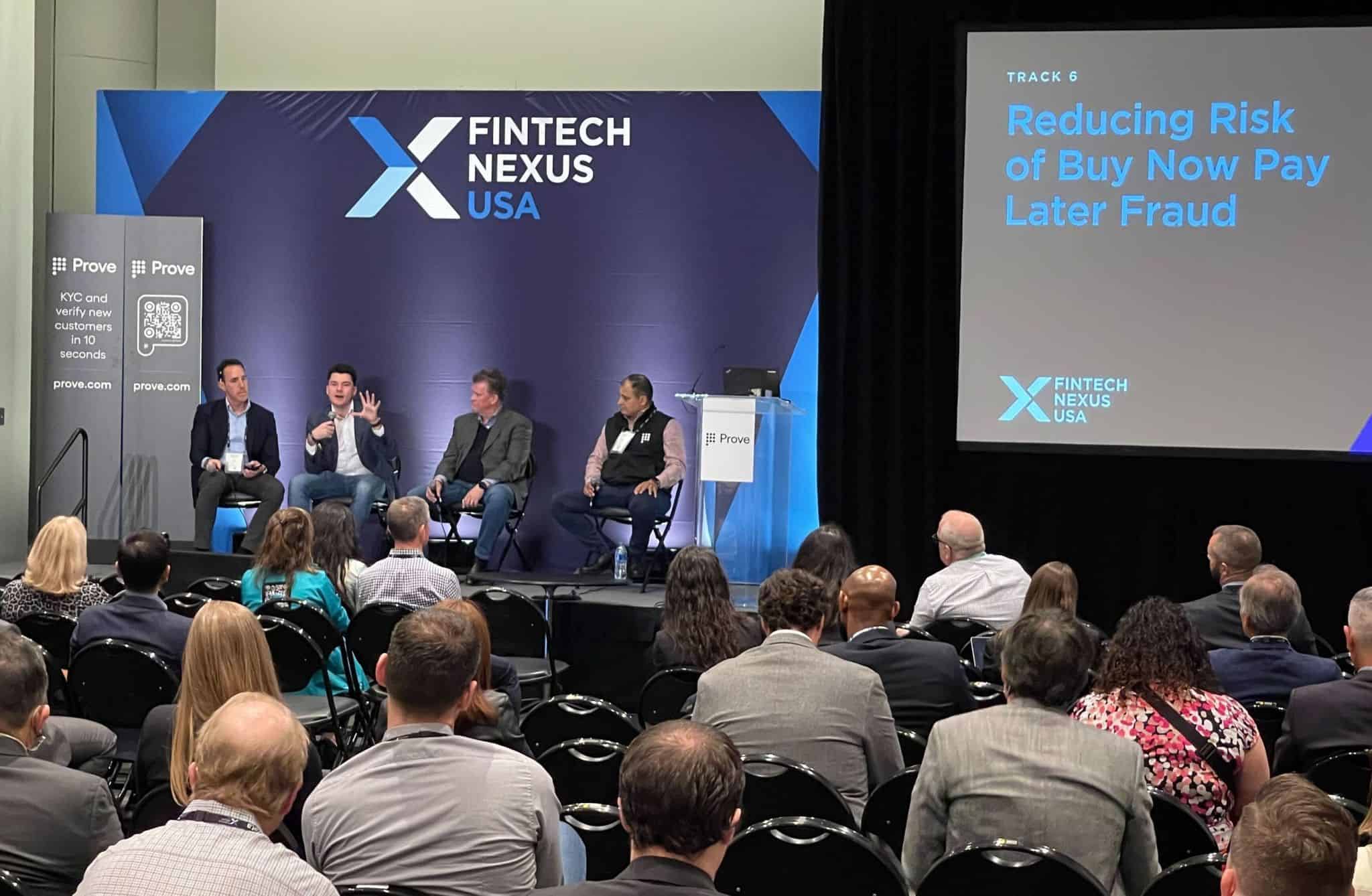Bad actors are in the ‘business’ of making money and we estimate that a master fraudster can ‘earn’ upwards of $600,000 a month launching multifarious attacks. A thriving ecosystem of cybercrime aids and abets the business of cybercrime, providing toolkits, fraud-as-a-service, 24x7 support, and expertise.
Due to a greater monetization potential of consumers’ financial accounts, fintechs and financial service providers are at the top of fraudster’s attack lists. In fact, in Q1 2022, finance companies experienced 2.5 times more attacks as compared to the two previous years.
Evolving attack tactics, better evasion techniques
There are various attack tactics being employed, including manipulating credit card apps to compromise consumer accounts and steal financial details, which attackers then use to make expensive purchases and resell the items later at a premium. Attackers also abuse these apps to create fake new accounts and open lines of credit. This is especially true for Buy Now Pay Later (BNPL) services, where consumers can purchase items by paying a small part of the total cost upfront and the remaining in a couple of installments.
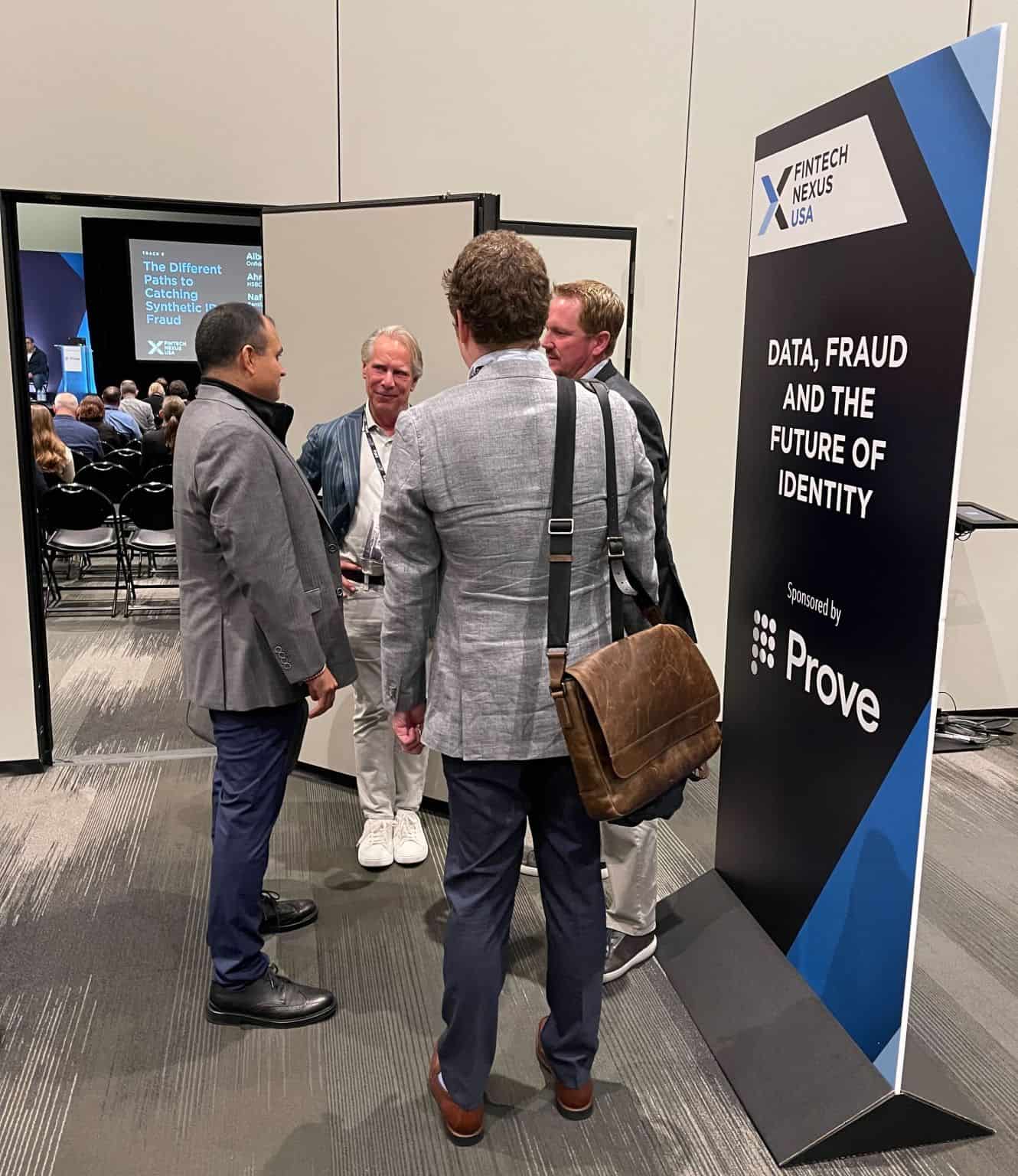
BNPL providers allow customers to avail of a certain credit limit without verifying their credit scores. Bad actors then exploit this convenience by making purchases using stolen credit cards. They even stitch together synthetic identities to open new fake accounts and avail of the services, causing losses to the providers. Our research shows that during the first quarter of this year, one in every four new accounts was fake.
In addition to manipulating businesses and compromising consumers’ account security for their own profit, attackers are becoming adept at evading detection. They gather information about the fraud defense mechanisms that finance companies put in place and then devise ways to bypass them. As a result, these companies are finding it increasingly challenging to protect their business and consumers from evolving attacks.
Latest intelligence is key to fighting evolving BNPL fraud
At Fintech Nexus, industry stalwarts and experts shared invaluable insights and experiences on the attack trends besieging the financial services sector and ways to fight them. I had the honor of addressing participants at a session named ‘Reducing Risk of Buy Now Pay Later Fraud’ alongside Jeffrey Meyers (Citi), Rodger Desai (Prove), and Tom Shell (Datavisor). I spoke about the importance of having the latest threat intelligence that dives into the evolving tactics used by attackers and how it can help finance companies ward off BNPL fraud and other complex attacks. Latest insights can empower fraud and security teams to adapt to the evolving attack types, devise efficient fraud defense strategies, and fight complex attacks better, giving them a long-term advantage over attackers.
I also spoke about the importance of smarter and transparent detection right at the start of the consumer journey which is so crucial in identifying bad actors early on, reducing false positives, and improving user experience. Our bot detection and mitigation platform Arkose Bot Manager provides deep attack detection with more than 70 risk insights, which enables finance companies to detect nearly 40% more bad traffic.
We had arranged for a demo of Arkose Bot Manager at our booth at the event and there was immense excitement among visitors around the benefits they could derive from the transparency and data-driven smarter detection that Arkose Bot Manager provides.
Are you interested in learning how Arkose Bot Manager can supplement your fight against Buy Now Pay Later fraud? Book a no obligation demo now.
